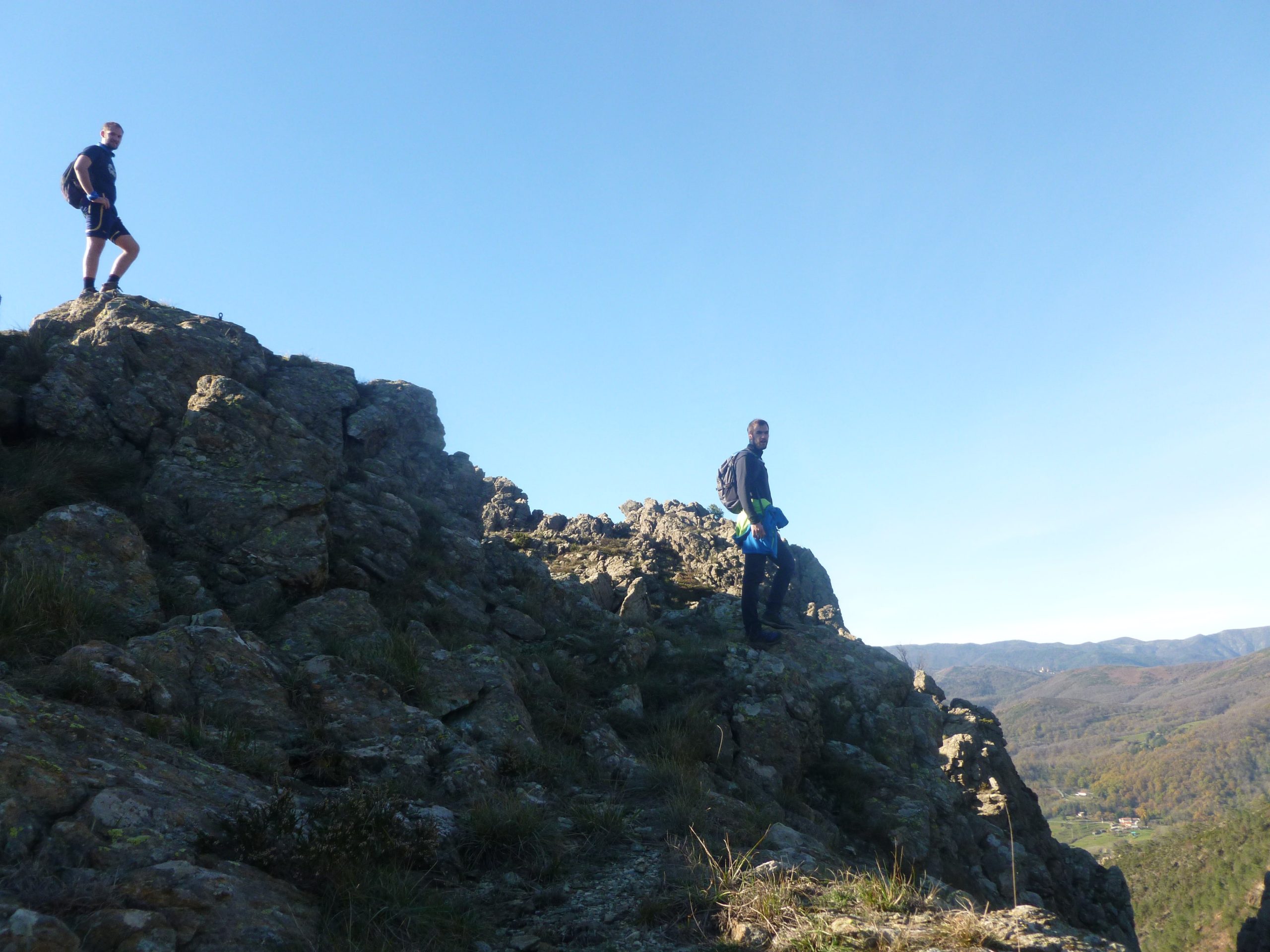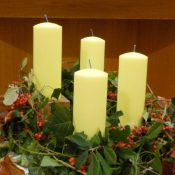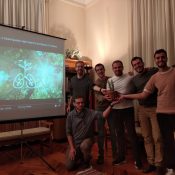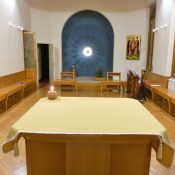What is “The Jesus Prayer”?
It is a Christian prayer that has very ancient origins. The first reliable sources date back to the Desert
Fathers of the 3rd-4th century AD and it consists in the continuous repetition of a short prayer with the
name of Jesus, that is inserted into the rhythm of one’s breath.
I heard the call to this prayer a few years ago, learning the technique and starting to experiment with the
“Ricostruttori nella preghiera” (eng. Reconstructors in prayer), a Catholic movement that deals with it’s
spreading.
In what way can this prayer help and give benefits in concrete life?
The meeting with the Jesus Prayer changed my life. Through it the Lord gave me a transformation starting
from the approach to the little things.
Washing the dishes, working in the garden or washing the stairs might seem boring, but accompanied by
recitation of the name of Jesus, they can acquire a different taste.
In fact, the prayer of the heart helps us to fully experience all the activities we do, even the most ordinary
ones. It invites us to rediscover the beauty of small and simple things, like the nature around us. Through
this fullness and wonder we are helped by the High to live the present with greater presence and
involvement. It is therefore easier to carry out an action with real joy and gratitude and not with the
anxiety of having to finish it.
Before embarking on the path of the experience of the Jesus Prayer, I remember that my mind was
restless when I had half an hour left in my daily schedule or I had to wait for a bus’s coincidence. Now
things have changed, my attitude has changed as well: I entrust myself, I abandon myself trustfuly to God,
reminding me, thanks to this prayer, that everything depends on Him.
Even in the life of the novitiate there are innumerable occasions in which i can experience this: going to
the apostolate, working, laying out, walking, etc.
The prayer of the name of Jesus helps to live things in depth by praying in the heart. There are numerous
biblical verses that refer to this perpetual prayer, such as “praying incessantly” (1Thes 5, 17), “give thanks
in all things” (1Ts 5, 18), “knock and it will be opened to you” (Lk 11, 10), “I will take away from their
chest the heart of stone and I will give them a heart of flesh” (Ez 11, 19) and many others.
A further benefit that the recitation of the brief invocation gives us is to pay attention to something that
we often overlook, that is the breath. Learning this prayer allows us to re-explore the use of breath and
thus to rediscover a deep and diaphragmatic breathing, the natural one. Instead, we breathe in a breathless
way and this hinders us from preparing ourselves to be calm. For these reasons and for those that are more
strictly spiritual, the initiation into this type of prayer by an expert guide is in fact recommended.
It is curious to note how this practice seems to respond optimally to the needs of the modern world today.
I think it’s a wonderful medium, useful to counter the rhythms of an anxious and frenetic society. In the
last few decades we are witnessing a spread of this prayer in the West, even in the lay world. I have met
several people who testify how this practice transformed their lives, bringing them closer to the faith,
converting them to Christ and making them fall in love with the prayer. Spiritual thirst, present in people
in a more or less conscious way, could be satisfied in this way.
We must consider that, as St. Ignatius tells us, not every means of prayer is for everyone. But I wish to all
the people, who are unconsciously trying to find it, to encounter it and fall in love with it!
Marco Garbari, novice of the first year





















Comments